Essential Guide to Materials for Baby Food Production: Partner with MT Royal Company
In today’s health-conscious world, parents are increasingly aware of the nutritional needs of their infants and young children. As a result, the demand for high-quality baby food has surged, with a growing emphasis on natural, organic, and wholesome ingredients. Baby food is not just a convenient option; it plays a crucial role in a child’s growth and development. At MT Royal Company, we specialize in providing the list of materials for baby food production, enabling manufacturers to create nutritious and safe products that parents can trust.
In this comprehensive guide, we will explore the essential materials needed for baby food production, provide a complete list of these ingredients, discuss why MT Royal Company should be your preferred partner, and outline the steps involved in importing these critical components. Join us on this journey as we delve into the world of baby food and discover how MT Royal can enhance your offerings.
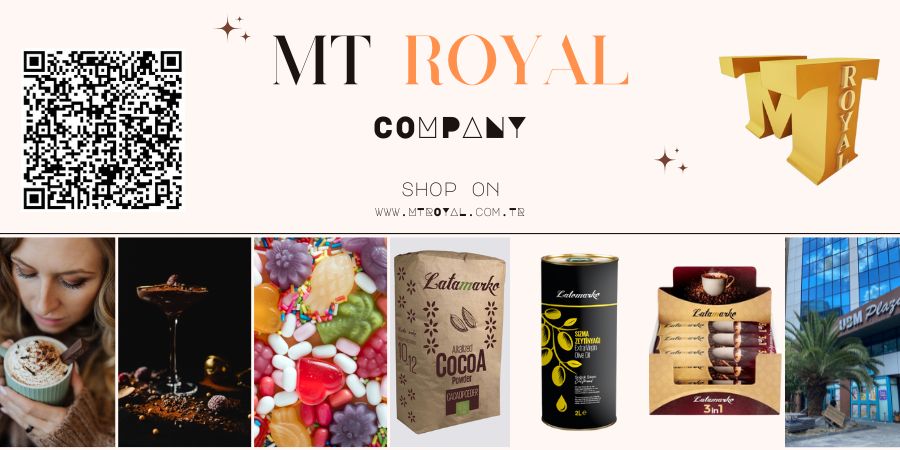
The Rising Demand for Baby Food
The baby food market is experiencing significant growth, driven by various factors that reflect changing consumer preferences and health trends:
1. Health Awareness
Parents today are more informed than ever about nutrition and its impact on their children’s health. They seek products that are not only convenient but also made from high-quality, wholesome ingredients. This trend has led to an increase in demand for organic and natural baby food options that are free from additives and preservatives.
2. Convenience
With busy lifestyles, parents appreciate the convenience of ready-made baby food. The ease of opening a jar or pouch and serving nutritious food to their child is a significant selling point. As a result, manufacturers are innovating to create a variety of convenient packaging options that maintain freshness and quality.
3. Growing Popularity of Homemade Baby Food
While ready-made options are popular, many parents are also interested in making homemade baby food. This trend emphasizes the need for suppliers of high-quality ingredients that can be easily prepared at home. Manufacturers can cater to this market by providing purees, grains, and other raw materials.
4. Regulatory Compliance
The baby food industry is highly regulated, with strict safety and quality standards in place. Parents are increasingly seeking brands that adhere to these standards, ensuring that the products they purchase are safe and nutritious. This demand for compliance drives manufacturers to focus on quality ingredients and transparent sourcing practices.
Complete List of Materials for Baby Food Production
Creating nutritious baby food involves selecting ingredients that contribute to flavor, texture, and overall product quality. Here’s a complete list of essential materials for baby food production:
1. Base Ingredients
Base ingredients serve as the foundation for baby food, providing essential nutrients and energy. Common base ingredients include:
- Fruits: Fruits such as apples, bananas, pears, and peaches are often used for their natural sweetness and high vitamin content. Pureed fruits are commonly found in baby food jars and pouches.
- Vegetables: Vegetables like carrots, sweet potatoes, peas, and squash provide essential vitamins and minerals. They are typically cooked and pureed to create smooth textures suitable for infants.
- Grains: Whole grains, such as rice, oats, and barley, are important sources of carbohydrates and fiber. They can be ground into flour or cooked and pureed for baby food.
2. Proteins
Incorporating protein sources is essential for a balanced diet. Common protein ingredients include:
- Meats: Chicken, turkey, and beef can be cooked and pureed to provide high-quality protein in baby food. These meats are often blended with vegetables or grains for added nutrition.
- Legumes: Lentils, chickpeas, and beans are excellent plant-based protein sources that can be cooked and pureed for smooth textures.
- Dairy: For older infants, dairy products like yogurt and cheese can be included to provide calcium and protein. However, it is essential to ensure that these products are suitable for infants and free from additives.
3. Sweeteners
While many fruits naturally provide sweetness, some recipes may require additional sweeteners. Options include:
- Natural Sweeteners: Options like honey (for children over one year old), maple syrup, or agave syrup can enhance sweetness without artificial additives.
- Fruit Purees: Pureed fruits can also serve as natural sweeteners in baby food formulations.
4. Flavorings and Seasonings
Flavorings and seasonings can enhance the taste of baby food, although they should be used sparingly to avoid overwhelming the delicate palates of infants. Common options include:
- Herbs: Mild herbs like basil, dill, and parsley can add flavor without being overpowering.
- Spices: Cinnamon or nutmeg can be used to add warmth to fruit purees.
5. Thickening Agents
For certain recipes, thickening agents may be necessary to achieve the desired texture. Common options include:
- Rice Flour: A common thickener in baby food, rice flour is gentle on the digestive system and helps achieve a smooth texture.
- Cornstarch: Often used to thicken fruit purees and sauces.
6. Preservatives
To ensure the stability and shelf life of baby food products, preservatives may be added. Options include:
- Ascorbic Acid (Vitamin C): Acts as a natural preservative and antioxidant, helping to maintain the freshness of the product.
- Citric Acid: Commonly used to regulate acidity and enhance flavor while providing preservation benefits.
7. Fortifying Ingredients
To enhance the nutritional profile of baby food, fortifying ingredients may be included:
- Iron-Fortified Cereals: Essential for infants as they transition to solid foods, iron-fortified cereals can be mixed into purees to boost iron intake.
- Omega-3 Fatty Acids: Ingredients like flaxseed or algae-based oils can be added to support brain development.
Why Choose MT Royal Company?
When sourcing raw materials for baby food production, partnering with MT Royal offers numerous advantages that can significantly enhance your business:
1. Extensive Supplier Network
MT Royal has developed strong relationships with trusted suppliers who provide high-quality ingredients specifically for baby food production. This extensive network allows us to connect you with reliable producers who adhere to high-quality standards.
2. Expertise in Import Regulations
Navigating food import regulations can be complex, particularly when dealing with various ingredients. Our team possesses extensive knowledge of international import laws and customs procedures, ensuring compliance and a smooth transaction process. We guide you through the necessary regulations, minimizing potential delays.
3. Quality Assurance
Quality is our top priority. We conduct thorough vetting of our suppliers and ensure that all products undergo rigorous testing to meet international safety and quality standards. This guarantees that you can trust the ingredients you import from us.
4. Competitive Pricing
At MT Royal, we are committed to providing competitive pricing on all our ingredients for baby food production. By working directly with producers and optimizing our supply chain, we can offer you high-quality ingredients without exceeding your budget.
5. Personalized Support
We understand that every business has unique needs. Our dedicated team is here to assist you with product selection, documentation, and logistical coordination, ensuring a smooth import process tailored to your specific requirements.
6. Efficient Logistics
Timely delivery is crucial in the food industry. Our established logistics network ensures that your orders of baby food ingredients are shipped promptly and arrive in optimal condition. You can rely on MT Royal to manage all aspects of logistics, from shipping to customs clearance.

Steps to Import Raw Materials for Baby Food Production
Understanding the importation process is vital for successful sourcing. Here are the essential steps involved in importing raw materials for baby food production:
Step 1: Identify Your Product Needs
Start by researching the specific ingredients you need for your baby food products. Consider factors such as market demand, quality requirements, and potential suppliers. MT Royal can assist you in identifying suitable ingredients based on your requirements.
Step 2: Establish Relationships with Trusted Suppliers
Building relationships with reliable suppliers is crucial for successful imports. At MT Royal, we have established partnerships with top suppliers who can provide you with the best ingredients for your baby food products.
Step 3: Obtain Necessary Documentation
Gather all required documentation for your imports. This may include:
- Commercial Invoice: A detailed description of the transaction between the buyer and seller.
- Packing List: An itemized list of the goods being shipped.
- Certificates of Origin: Documentation confirming the country of origin of the products.
- Health and Safety Certificates: Required to verify compliance with food safety standards.
- Import Permits: Ensure you have any required import permits based on the product type.
MT Royal will assist you in obtaining the necessary documentation, ensuring compliance with regulations.
Step 4: Collaborate with MT Royal
Engaging with MT Royal will streamline your import process. Our team will guide you through the necessary steps and ensure that all documentation is in order. We will assist in liaising with suppliers and managing logistics.
Step 5: Customs Clearance
Once your ingredients arrive in Turkey, they will need to undergo customs clearance. Our experienced team will handle this process on your behalf, ensuring that all required documentation is submitted accurately and promptly.
Step 6: Delivery to Your Location
After customs clearance is complete, we will coordinate the delivery of your ingredients to your specified location. Our logistics network ensures that your imported goods arrive on time, ready for production.
Step 7: Quality Control Upon Arrival
Once your ingredients have been delivered, it’s essential to conduct quality control checks to ensure that they meet your specifications. MT Royal is committed to supporting you in this process by providing guidance on best practices for quality assurance.
Step 8: Maintain Communication with Suppliers
Keeping lines of communication open with your suppliers and with MT Royal is vital for successful importation. Regular updates and feedback can help ensure a smooth process for future orders and enhance your overall experience.
Understanding Tariffs and Duties
When importing food products into Turkey, it’s important to be aware of any applicable tariffs and duties. The Turkish Customs and Trade Ministry establishes these rates, which can vary depending on the type of product being imported. MT Royal can provide insights into potential costs associated with your imports, helping you budget effectively.
Overcoming Challenges in the Import Process
Importing food products can present challenges, from regulatory compliance to logistical hurdles. Here’s how MT Royal helps you navigate potential issues:
1. Regulatory Compliance
Understanding and complying with Turkey’s import regulations for food can be complex. Our team provides expert guidance to ensure that all documentation and processes adhere to legal requirements, minimizing the risk of fines or delays.
2. Quality Assurance
Quality control is paramount when importing food products. MT Royal conducts thorough inspections and works with trusted suppliers to ensure that the products you import meet the highest standards.
3. Logistical Coordination
Transporting food products can involve logistical complexities. Our experienced logistics team manages all aspects of the supply chain, from shipping to warehousing, ensuring that your products are delivered on time and in excellent condition.
4. Adaptability to Market Changes
The food industry is ever-evolving, with changing consumer preferences and regulatory updates. MT Royal stays ahead of trends and market shifts, providing you with timely information and insights to adapt your import strategy effectively.
Conclusion: Partner with MT Royal for Quality Baby Food Ingredients
When it comes to sourcing raw materials for baby food production, MT Royal Company is your trusted partner for quality and excellence. Our commitment to high-quality ingredients, competitive pricing, and exceptional service makes us the ideal choice for all your import needs.
Don’t miss out on the opportunity to enhance your baby food offerings with top-quality ingredients from Turkey. Experience the benefits of partnering with MT Royal today! Contact us to explore our extensive range of products and discover how we can help you navigate the complexities of the import process. Together, let’s unlock the potential of the Turkish market and ensure your business thrives in this competitive landscape!
Explore our selection of premium food raw materials.
Import-Export Companies in Türkiye with 99% discount
Food industry raw materials – list of products


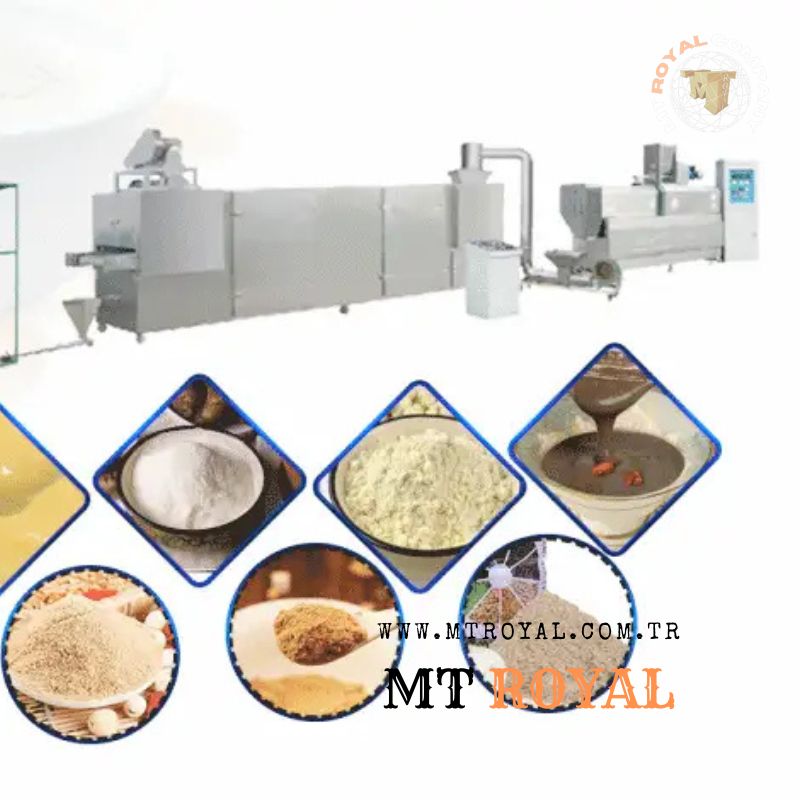
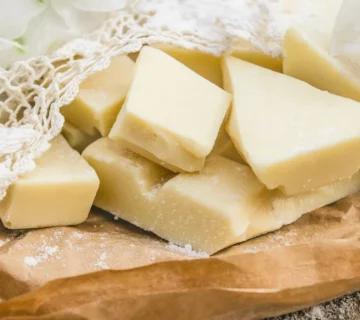
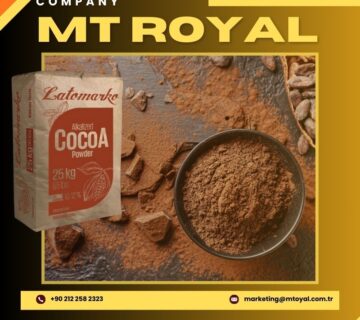
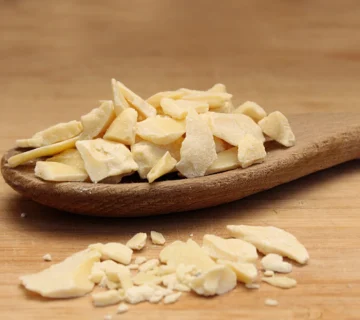
No comment